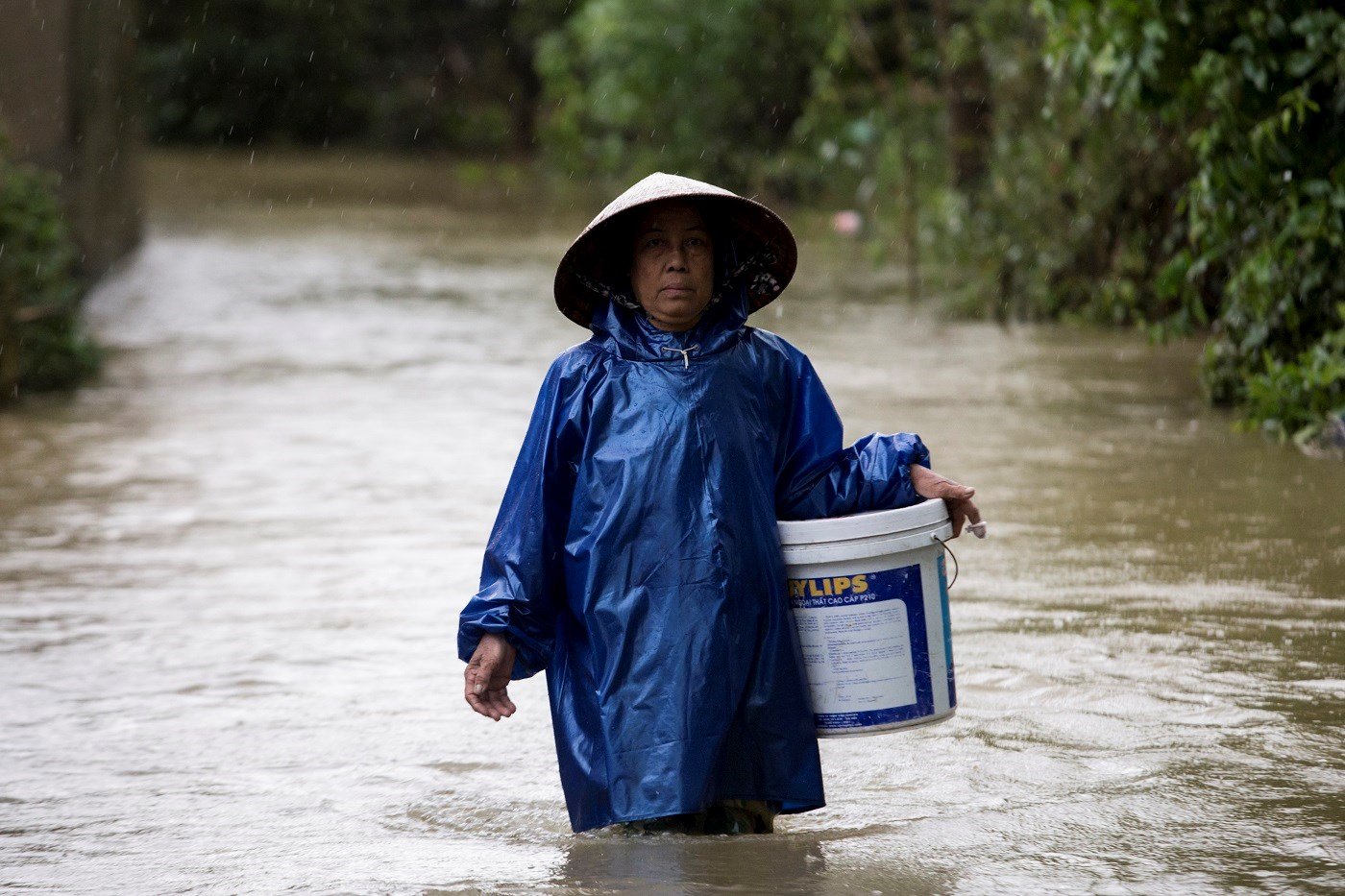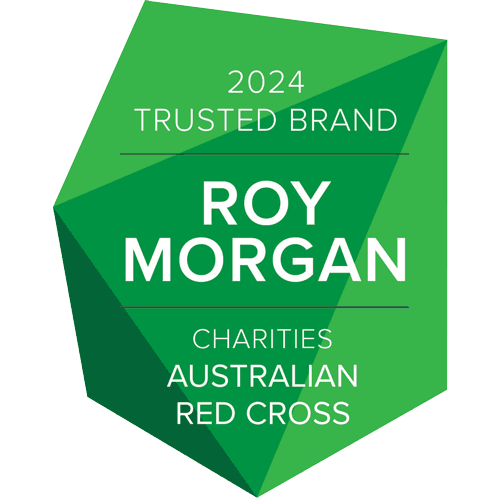World Disasters Report 2020
A compelling case to act on climate change, and practical ways to do it.
Come Heat or High Water: Tackling the Humanitarian Impacts of the Climate Crisis Together

The World Disasters Report 2020 urges us all to act now to protect people who are most at risk from climate-related disasters, before it is too late.
Released every two years by the International Federation of Red Cross and Red Crescent Societies (IFRC), the report provides data and analysis on the global impacts of disasters.
Disasters by numbers
- 308 disasters triggered by natural hazards affected 97.6 million people in 2019.
- 24,396 people were killed in these disasters.
- Over 100 disasters occurred during the first 6 months of the COVID-19 pandemic. These affected over 50 million people.
- The number of climate and weather-related disasters has been increasing since the 1960s, and has risen almost 35% since the 1990s.
What does the World Disasters Report say?
COVID-19 demonstrated that humanity has the capacity to recognize and respond to a global crisis, finding resources where none seemed available, and taking unprecedented and rapid steps to respond. Climate change is as significant a challenge to humanity as the coronavirus, and we need to act with the same effort and determination.
The report highlights how people who are already poor and marginalised are often those hit first and hardest by climate-related disasters.

Within Australia:
The report highlights the unprecedented 2019-2020 bushfire season, the increase in category 4 and 5 storms, and the exposure of First Nations communities in the Northern Territory to some of Australia’s most severe climate challenges.
Everyone can do something to reduce climate-related risks.
We must do more than listen to what science tells us about disaster risks, we must act on it.
Governments can:
- invest more in disaster risk reduction
- ensure major infrastructure – from schools and aged-care facilities through to seawalls and power plants – is designed to withstand future climate and weather extremes
- increase their ambition to help those most at risk to adapt and protect their lives
Humanitarian agencies can:
- strengthen climate change adaptation across all our work
- scale up forecast measures that can be used to plan for disasters and mitigate their impact
We all can:
- reduce our own carbon footprint and encourage others to do the same
- get active in our communities to ensure they are built to withstand extreme events
- be prepared for disasters with our own emergency plans
Charity donations of $2 or more to Australian Red Cross may be tax deductible in Australia. Site protected by Google Invisible reCAPTCHA. © Australian Red Cross 2025. ABN 50 169 561 394
